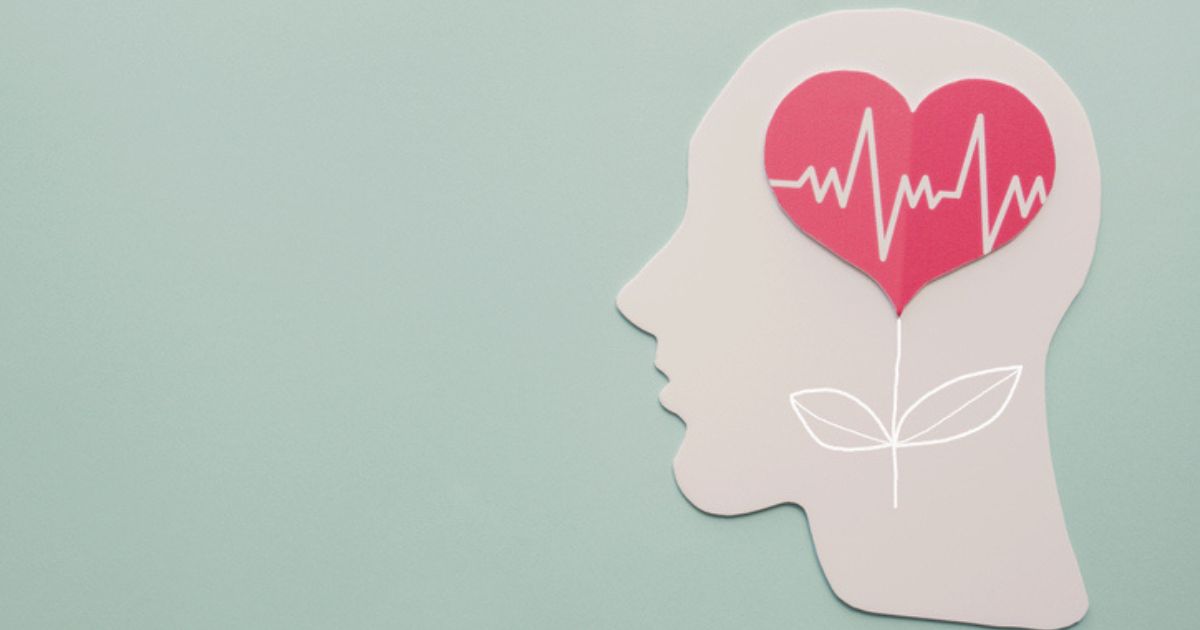Over 40 million adults live with some type of mental health issue, equating to one in every five American adults. Mental health conditions can range from mild to severe, and some people who experience these symptoms are able to function well enough on their own or with therapy alone. However, for those that need medication management for mental health, there are many misconceptions that continue to persist today.
These common medication misconceptions are harmful to those who are experiencing mental health symptoms and may need psychiatric medication, as it could incorrectly influence their decisions on how to manage mental health symptoms. Because of this, debunking the myths about psychiatric medication and the stigma around seeking help for mental illness with psychiatric medication is imperative.
Myth 1: I Will Become Addicted to Psychiatric Medication
The high risk of becoming addicted to psychiatric medication is a very common myth. Some individuals even think that psychiatric medication will be worse than their symptoms of mental illness. If an individual believes these misconceptions, they may avoid seeking help for mental health symptoms and choose instead to manage their condition on their own.
Psychiatric medications are not addictive in the same way that illegal drugs might be considered addictive. Psychiatric medication is given in a controlled and therapeutic dose to help manage symptoms of mental illness. If you believe that you are experiencing symptoms of addiction to psychiatric medication, it is best to speak with your doctor to seek out treatment and a new plan of action.
Myth 2: Psychiatric Medication Will Change Who I Am as a Person
Also, some believe psychiatric medications will change one’s personality or make them a different person altogether. This misconception is especially prevalent in adolescents and young adults. Psychiatric medication will not change who you are or make you into someone else entirely. The medication will help you manage symptoms of mental illness and improve your quality of life.
Because the medication will help to regulate neurochemical imbalances, you should not notice any drastic changes in your personality or in your daily life. In fact, the purpose of this medication is to manage your symptoms and restore a sense of balance so you can get back to “feeling like yourself” again.
Myth 3: Psychiatric Medication Will Disrupt Healthy Energy Levels
Many individuals with mental health symptoms will avoid taking psychiatric medication because they fear it may cause or worsen fatigue. Some believe that this myth is simply a product of the stigma surrounding mental health by making people feel that if they are taking medication, it must mean they are “weak” or “disordered.”
In reality, psychiatric medication can have a noticeable energizing, refreshing effect. Mental illness symptoms can make it difficult to experience typical energy levels throughout the day or function in daily life. By taking medication, you may experience a higher quality of life and improved overall wellness and health, motivating you to engage in healthier habits, such as exercising and eating right. This can ultimately lead to improved energy levels.
Myth 4: Psychiatric Medication is a Short-Term Solution
Some individuals with mental illness may try to avoid taking psychiatric medication because they believe it is a short-term fix for their symptoms and won’t make a long-term difference in their mental health.
This myth is simply not true. Psychiatric medication can be effective for managing symptoms of mental illness for years, even decades. Some individuals may take psychiatric medication on an ongoing basis, while others will be prescribed “maintenance therapy” to help them manage their symptoms or prevent relapse. This medication may be prescribed for the rest of their lives. If it is taken as directed and under a doctor’s care, it can provide incredible benefits to their health and well-being.
Medication is not a quick fix, nor is it an answer to all your problems. But when used in conjunction with therapy or other helpful treatments, medication can help you manage the symptoms of mental illness and improve your quality of life.
Myth 5: Psychiatric Medication is the Same as Recreational Drug Use
Many people assume that taking psychiatric medication is the same as recreational drug use and will cause just as many problems. In fact, psychiatric medication is meant to help manage mental illness symptoms and does not cause the same kind of addiction or dependency that recreational drugs do.
People who are prescribed psychiatric medication should be under the care of a doctor or psychiatrist to help monitor their dosage and ensure they don’t become dependent on it. When taken correctly, psychiatric medication can be helpful and provide many benefits to mental health. The comparison to recreational drug use can make it difficult for individuals to seek the help they need, which prevents them from getting the treatment they deserve.
Myth 6: Psychiatric Medication Can Destroy a Healthy Brain
Many people believe that psychiatric medication can destroy a healthy, unaltered brain, but this is not the case. Psychiatric medication provides the same benefits as other medications, such as ibuprofen for a headache, insulin to manage diabetes, or antibiotics to fight infection.
Psychiatric medication is not meant to destroy a healthy brain but to provide benefits, such as helping you manage mental illness symptoms like depression, anxiety, or bipolar disorder. These medications can ultimately boost your brain’s mental health while also ensuring that no physical brain issues will ensue.
Myth 7: Psychiatric Medications are Just Placebos
Some individuals believe that psychiatric medications don’t actually work and are just placebos. Extensive research shows that psychiatric medication can be the missing ingredient that prevents an individual from experiencing mental illness symptoms.
Psychiatric medications are not placebos and can be extremely valuable for your mental health. These medications may be prescribed by a doctor for years and may need to be taken daily to receive the full benefits. They can help manage symptoms and prevent relapse, ensuring that your mental health is as good as it can be. While the concept of placebos is legitimate and can be helpful to some people in other contexts, psychiatric medication is not a placebo and provides actual benefits to patients with mental health disorders.
Myth 8: Getting Help for Mental Illness Symptoms is a Sign of Personal Weakness or Lack of Willpower
Many people assume that if you need medication to manage mental illness symptoms, it means there is something wrong with your personality or a lack of willpower. The truth is that mental health is a serious issue, and it takes courage to seek help for your well-being.
Having the strength to accept that you may need medication to manage your mental health is a sign that you are taking your life seriously and want the best for yourself. Seeking help takes courage and is not a sign of weakness, but instead a brave choice to make in order to get the treatment you deserve.
It’s important to remember that just because you might need medication to manage your mental health, it doesn’t mean that there is something wrong with you. You might have a friend who shares in your mental health illness but is able to manage their symptoms without the use of medicine. This is where social comparison can play a negative role in mental health management.
Just because your friend can keep their symptoms at bay without medication, this doesn’t mean that solution is best for your case. Don’t be afraid to seek help and take a step in the right direction for your mental health.
Myth 9: The Side Effects Are Worse Than the Original Symptoms
Some individuals believe that the side effects of psychiatric medication are worse than their original symptoms. This is not true. As mentioned above, these medications can provide the missing link to an individual’s mental health struggles.
As with any medication, you can experience side effects, and this does not mean that the medication is ineffective. Psychiatric medications can be used to treat specific symptoms and not others, which means that you may experience some side effects but not the full range of mental health issues.
It is important to speak with your doctor about the side effects you are experiencing and discuss the impact they have on your daily life. In some instances, a mild side effect could influence a doctor’s opinion on your treatment plan. Having open communication about your experiences with psychiatric medication is the best plan of action to allow your doctor to adjust when needed.
Myth 10: People Will Judge My Use of Medication for Mental Illness
Some individuals fear that people will judge their use of psychiatric medication, and this prevents them from seeking help. Many organizations and groups are currently fighting to debunk the stigma around seeking help for mental illness and encourage those who need medication to explore their options for treatment.
People will not judge you for taking psychiatric medication. It is a legitimate way of managing your mental health. There are many people around the world who currently use psychiatric medication and live healthy, successful lives. While the stigma surrounding mental illness exists, it’s important to remember that your use of medication for mental health is truly a responsible and proactive method of managing your wellness.
Contact Sage Neuroscience Center for Mental Health Help Today

If you’re ready to start your journey to a healthier and happier version of yourself, connect with Sage Neuroscience Center to learn more about a multidisciplinary approach to better mental health.


